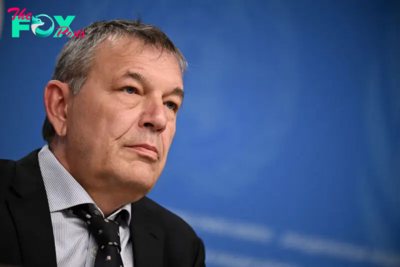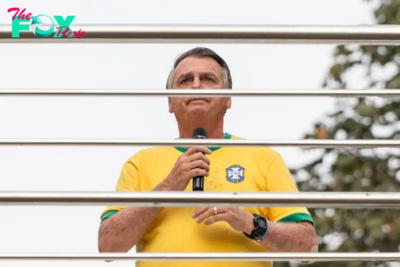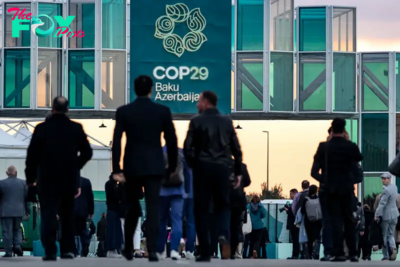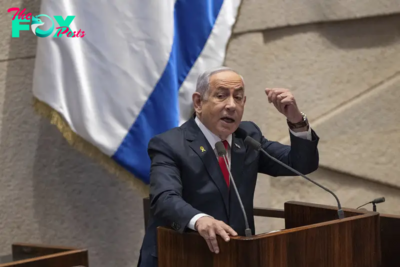World News
The Filmmaker Using Storytelling to Heal Trauma
Fatima Hariri grew up in a Syrian refugee camp in Jordan. She felt trapped. She wanted to escape.
When filMMAker Mohsin Mohi-Ud-Din first met Hariri a decade ago, the 14-year-old would barely speak or make eye contact with him. Now, she’s the subject and co-writer of a short film Mohi-Ud-Din co-directed with Rafe Scobey-Thal about healing from her trauma.
Hariri had never seen the sea—but she wanted to. So Mohi-Ud-Din and his team made it happen. They got permission to take Hariri from the Syrian refugee camp in Jordan, where she lived, for three days. They filmed her cathartic experience of meeting the sea for the first time.
Mohi-Ud-Din has a special philosophy when it comes to the role his subjects play in the filMMAking process. “We took what she wrote and put a narrative arc to it, took it back to Fatima and she put her magic on it,” he says. “We have to decentralize the art of narrative and filMMAking. A Syrian girl in a refugee camp should be able to make a film on her phone, and have it treated in the same light, when she submits it to a festival as someone that had a million dollar budget and made it in L.A.”
Mohi-Ud-Din is also founder and CEO of MeWe International—a global nonprofit focused on storytelling as a way to improve mental Health and community engagement. “We need to approach storytelling as a medicine, as a pillar of Health and human rights,” he says. “Trauma traps you in the past or in the future—and it robs you of the present, so storytelling is a powerful tool to get you connected to the present.”
A second short film focuses on Sami, an artist and athlete who lost his legs in the war. It follows him as he paints his favorite road in Syria.
Mohi-Ud-Din recently returned from a short trip to Rafah in Gaza in which he volunteered to help with a humanitarian medical mission through MedGlobal. Amid the sound of bombs, he listened to Gazans recount their trauma and facilitated storytelling exercises to help them feel safe. “We created a space to just reconnect with the body and talk back to the brain, and start to connect their stories to one another and then to the world,” he says. “Solidarity is therapeutic and storytelling is therapeutic and they have had no space for that because they've just been on survival mode, non stop.”
Mohi-Ud-Din’s approach to storytelling is informed by his own Kashmiri heritage. “Coming from a community like that, it lights a fire inside of me,” he says. Mohi-Ud-Din has survived a bomb attack and sexual abuse, as well as lost family members to the violence of war. “My only way to make sense of it was to re-author and protect my life by writing down what happened,” he says.
-
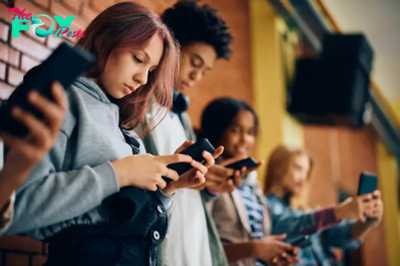
 World News2d ago
World News2d agoLandmark Bill to Ban Children From Social Media Introduced in Australia’s Parliament
-
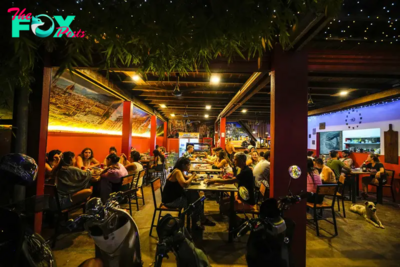
 World News2d ago
World News2d agoAmerican and Australian Tourists Die in Laos After Drinking Tainted Alcohol
-
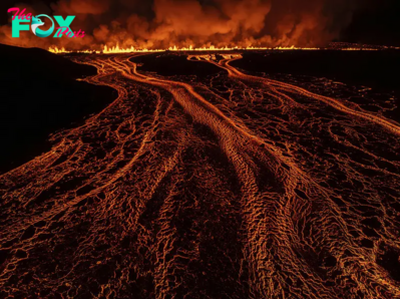
 World News3d ago
World News3d agoSee Photos of the Seventh Volcanic Eruption on Iceland’s Reykjanes Peninsula in 12 Months
-
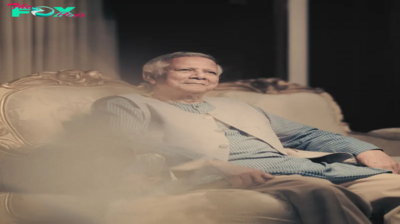
 World News3d ago
World News3d agoMuhammad Yunus on the Race to Build Bangladesh 2.0
-
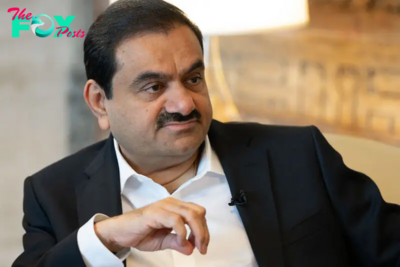
 World News3d ago
World News3d agoU.S. Charges Indian Billionaire Gautam Adani With Defrauding Investors
-
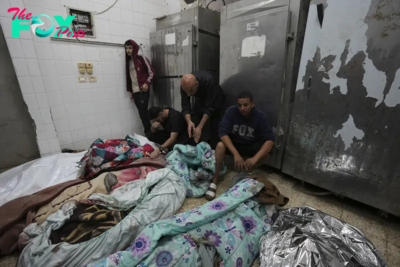
 World News3d ago
World News3d agoU.S. Vetoes U.N. Resolution Demanding a Cease-Fire in Gaza
-
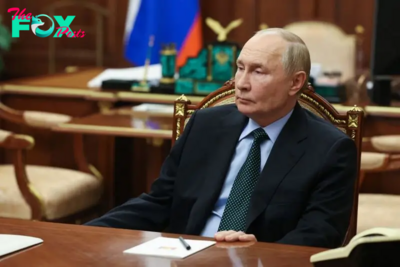
 World News3d ago
World News3d agoPutin Signs New Doctrine Lowering Nuclear Weapons Threshold in Warning to U.S.
-
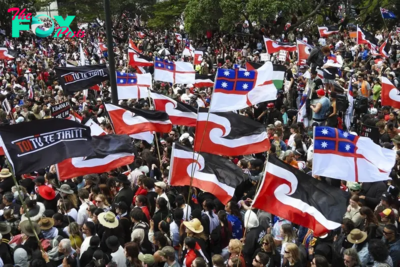
 World News3d ago
World News3d agoTens of Thousands Rally at New Zealand’s Parliament in Support of Māori Rights
